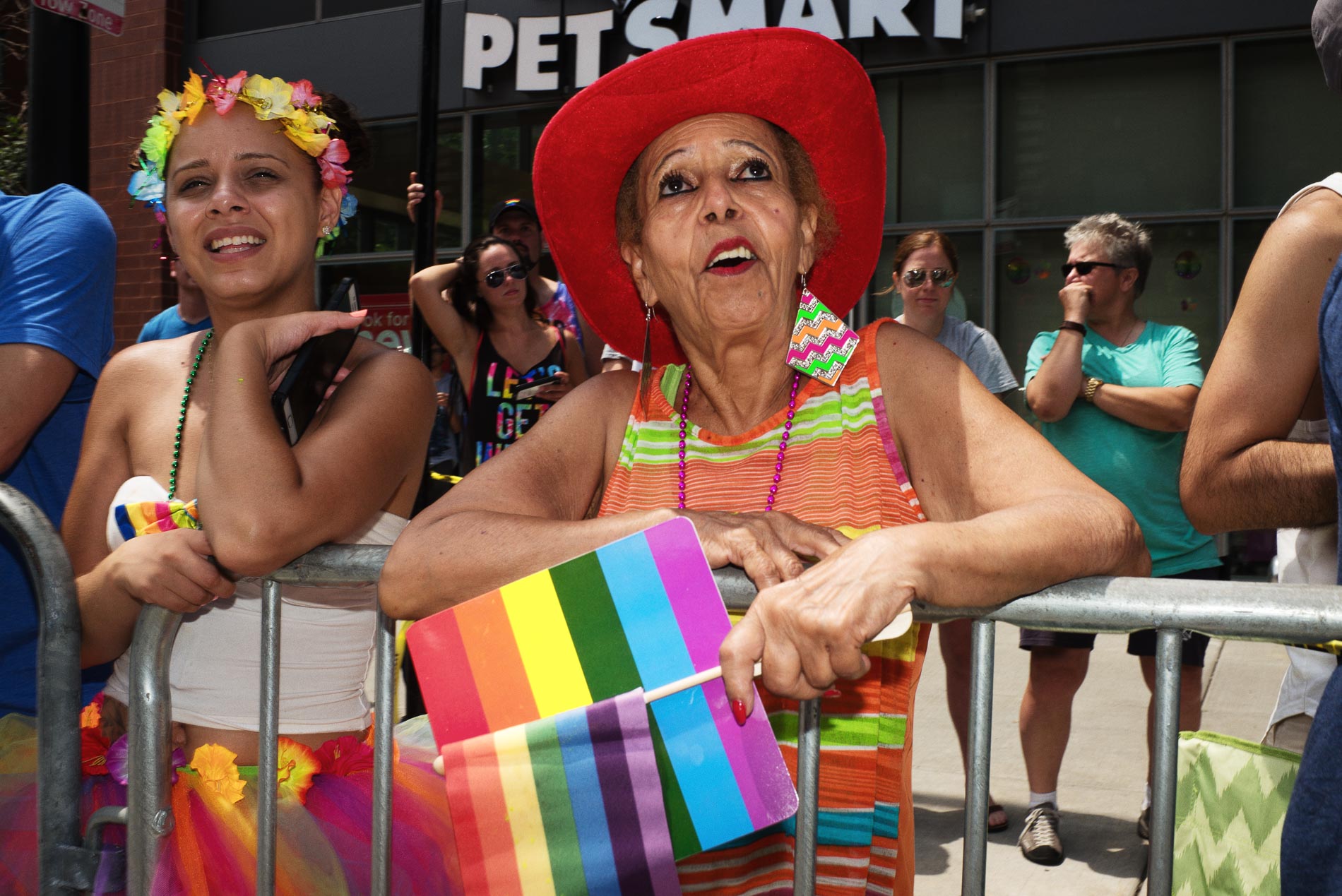
The Netflix series “Grace and Frankie” centers around two women, played by Jane Fonda (Grace) and Lily Tomlin (Frankie), whose spouses of 40 years — Robert and Sol, respectively — leave their wives for each other. The first season was critically acclaimed; it was radical not only in that it focused on characters all over the age of 70, but also because it told the story of a gay couple (played by Sam Waterson and Martin Sheen) figuring out how to come out to their friends and family late in life. The first season focused on conflict. Grace, Frankie, and their four children were upset at Robert and Sol, and the show’s tense hilarity stemmed from the families’ inherent incompatibility.
The second season, in contrast, puts Grace and Frankie’s friendship (and with it, Fonda’s and Tomlin’s awesome collective girl power) front and center. Halfway through the season I started to ask, “Where are the children?” I felt like I was seeing way too much of the old folks. Where was Brianna? What happened with her boyfriend? What happened with the budding-if-awkward romance between Coyote and Mallory? It took me until the end of the season to realize that I was completely missing the point.
This season skips the fluff and goes straight to the big issues. It boldly tackles gay marriage, growing old, ageism in the workplace, the right to die, and sex among the elderly. Most importantly, though, this season is concerned with the fact that older women are constantly, unapologetically, and rampantly dismissed.
There are light parts, too. A particularly hilarious storyline features Frankie and Brianna developing a business partnership that ultimately results in a product dreamed up by Frankie called “yam lube.” (It is what you think it is.) But ultimately, the viewer starts to get the bleaker overarching picture: No one — not their ex-husbands, not their children, not their lovers — will ever really prioritize Grace or Frankie. Even I took the bait: Without even noticing it, I was initially disinterested in a show focusing only on Grace and Frankie. I felt like I needed something more, but I was wrong. By the end of the second season Grace and Frankie realize that they are going to look out for one another, and that’s enough.
Life is full of these kinds of complications, and the writers of ‘Grace and Frankie’ are unafraid to explore them.
Season two ends with a “Coup” at Bud’s birthday party. (It is a missed opportunity that Bud, the show’s only real black character in the role of adopted son, is unfortunately boring and nonpresent in general.) In this last scene, Grace and Frankie finally lose it.
“What did we even do?” asks Frankie’s son, Coyote.
“You turned me into a little old lady,” answers Frankie, referring to the way her children never ask their “too-busy” fathers for favors; meanwhile, they perceive Grace and Frankie to always be sitting at home doing nothing.
Grace joins in. “And I’m just a dupe who couldn’t have any good advice to give,” she tells her daughters, who seem to be constantly going to their fathers for advice; they just can’t take their mothers’ perceived overly emotional nonsense seriously.
Then Grace and Frankie spontaneously decide to go into business together. They hatch a plan to develop vibrators for people with arthritis because “older women masturbate too!” Everyone in the room seems grossed out at the prospect, but Grace and Frankie are having none of it. “And we have vaginas!” adds Frankie.
I don’t want to give too much away, but I’ll say this: This is potentially one of the most enjoyable scenes in any Netflix show. Grace and Frankie speak not only to older women, but also wives and women everywhere who are sick of being dismissed. Why aren’t women allowed to talk about masturbation? Why do Grace and Frankie’s own family refuse to think about their mothers’ needs? Why is it so often assumed that women will always be selfless caregivers? In a total “Fuck You” move, Grace and Frankie leave their families to fend for themselves because, for the first time, they realize that their lives and ambitions are important too. They are not only mothers and wives, but also successful and creative individuals.
“Grace and Frankie” has definitely matured since its inception. The introduction of the character Babe (Estelle Parsons) — a woman dying of cancer who ultimately decides to end her own life after one last wild house party — brings up complex ideas about life, death, and living with sickness. What is good for one character is often not as positive for everyone else. Life is full of these kinds of complications, and the writers of “Grace and Frankie” are unafraid to explore them. While the show is funny — and at times downright silly — it also manages to be extremely profound.







